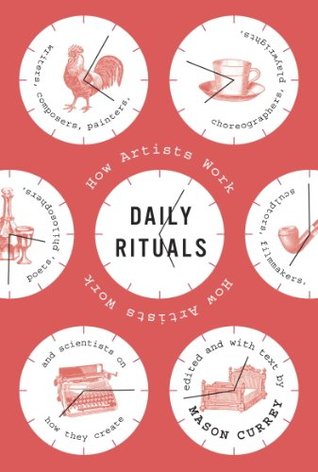More on this book
Community
Kindle Notes & Highlights
Stephen King (b. 1947)
King writes every day of the year, including his birthday and holidays, and he almost never lets himself quit before he reaches his daily quota of two thousand words.
Saul Bellow (1915–2005)
In a 1968 letter, Bellow gave a more succinct description of his routine. “I simply get up in the morning and go to work, and I read at night,” he wrote. “Like Abe Lincoln.”
Georges Simenon (1903-1939)
Simenon was one of the most prolific novelists of the twentieth century, publishing 425 books in his career, including more than 200 works of pulp fiction under 16 different pseudonyms, as well as 220 novels in his own name and three volumes of autobiography. Remarkably, he didn’t write every day. The Belgian-French novelist worked in intense bursts of literary activity, each lasting two or three weeks, separated by weeks or months of no writing at all.
“Women have always been exceptional people for me whom I have vainly tried to understand. It has been a lifelong, ceaseless quest. And how could I have created dozens, perhaps hundreds, of female characters in my novels if I had not experienced those adventures which lasted for two hours or ten minutes?”
Stephen Jay Gould (1941–2002)
You have to have high levels of bodily energy and not everybody has it. I’m not physically strong, but I have very great intellectual energy, I always have. I’ve been able to work all day. I don’t have to get up and get a drink of water or watch TV for half an hour. I can literally sit and work all day once I get going, not everybody can do that. It’s not a moral issue. Some people seem to see that as a moral question. It isn’t. It’s a question of body type and temperament and energy levels. I don’t know what makes us what we are.
Bernard Malamud (1914-1936)
There’s no one way—there’s too much drivel about this subject. You’re who you are, not Fitzgerald or Thomas Wolfe. You write by sitting down and writing. There’s no particular time or place—you suit yourself, your nature. How one works, assuming he’s disciplined, doesn’t matter. If he or she is not disciplined, no sympathetic magic will help. The trick is to make time—not steal it—and produce the fiction. If the stories come, you get them written, you’re on the right track. Eventually everyone learns his or her own best way. The real mystery to crack is you.


